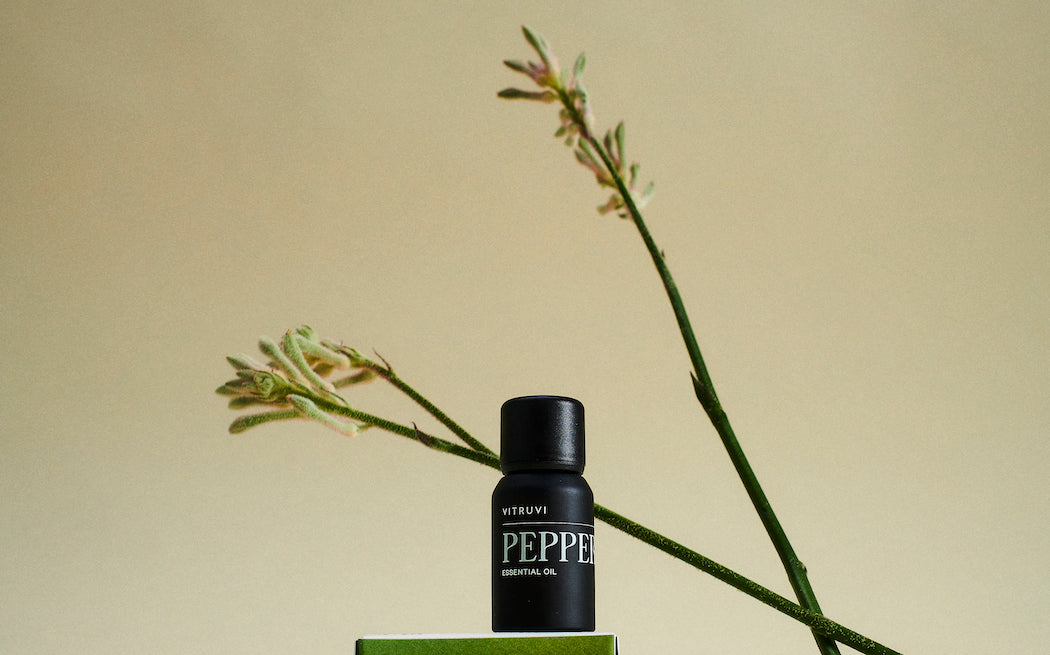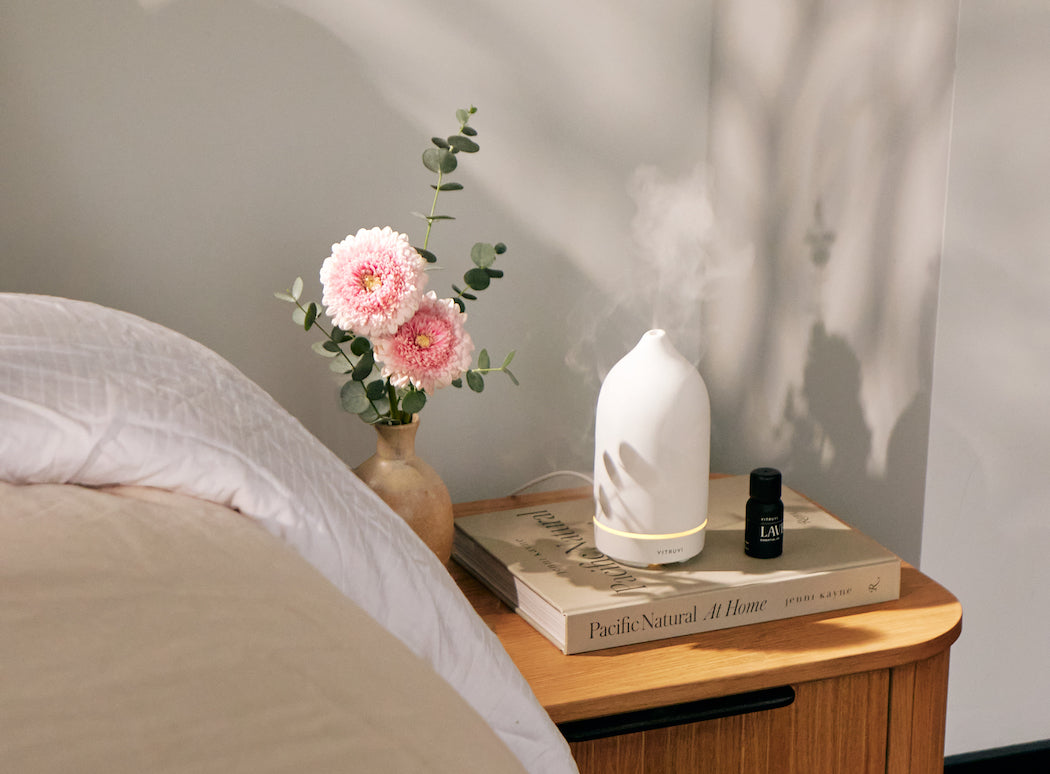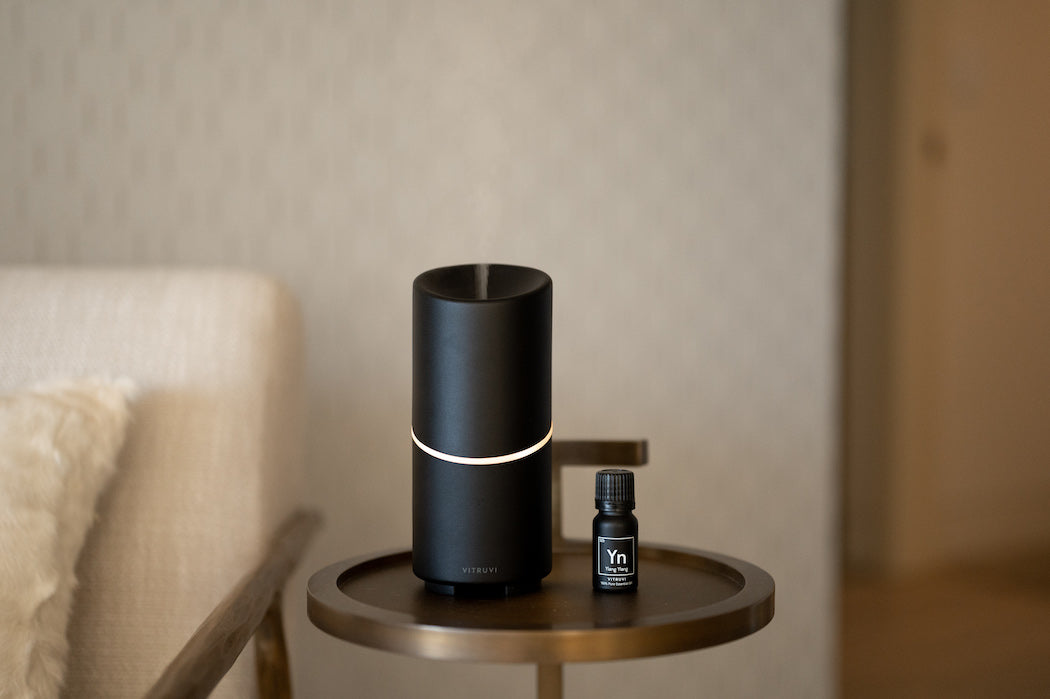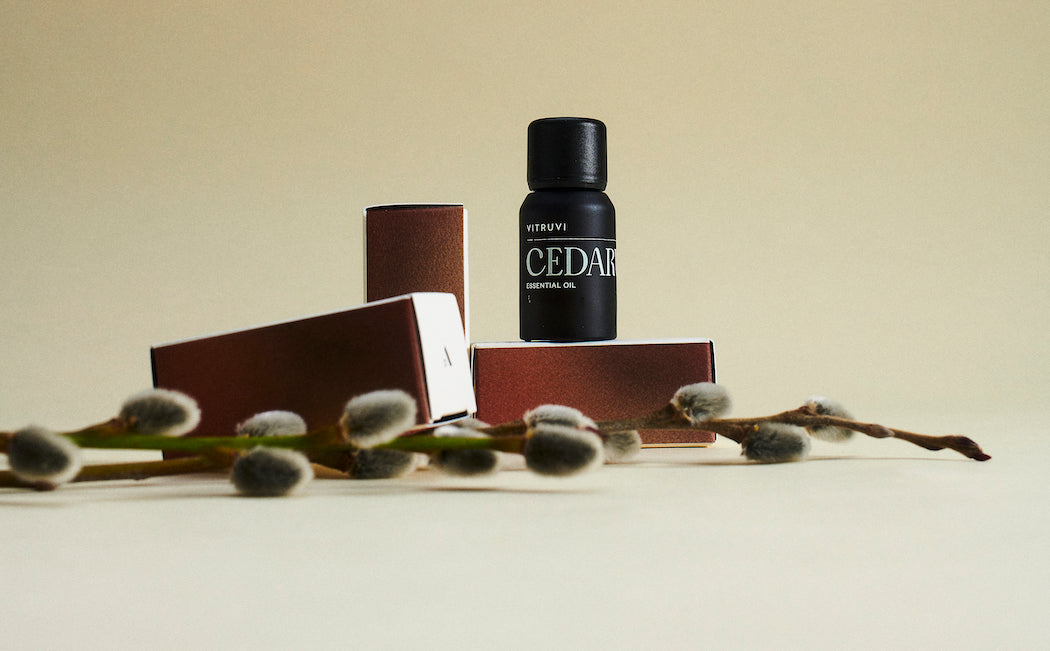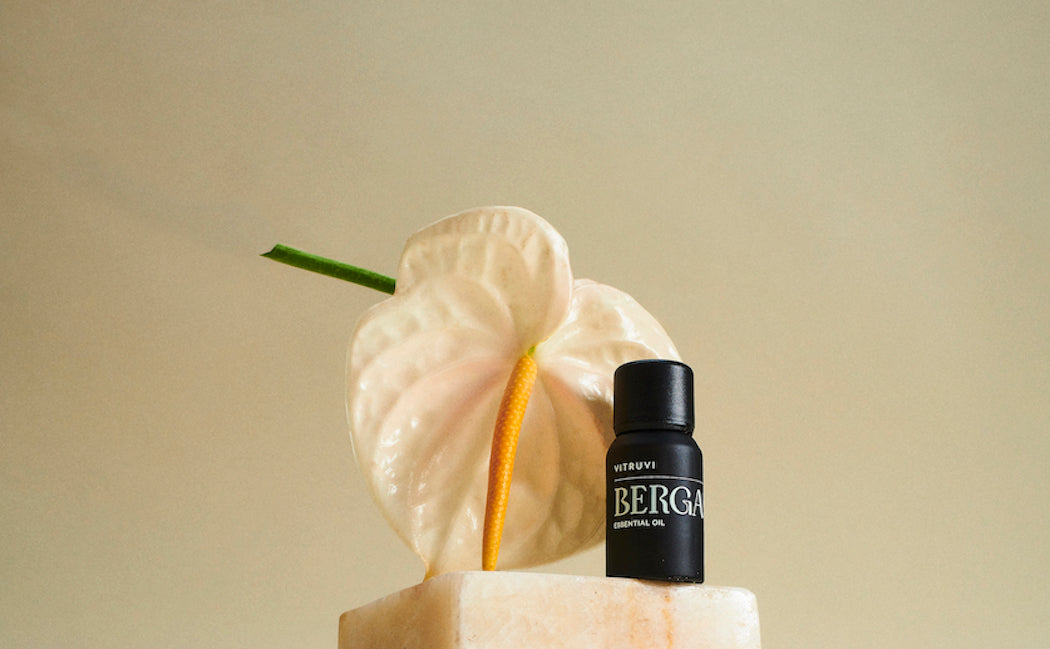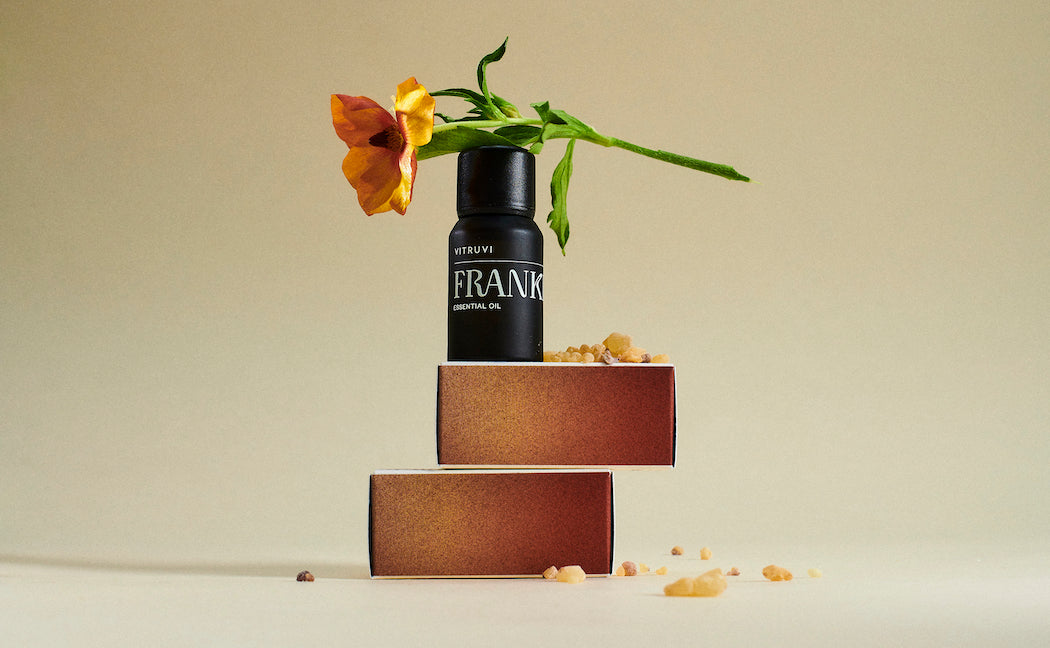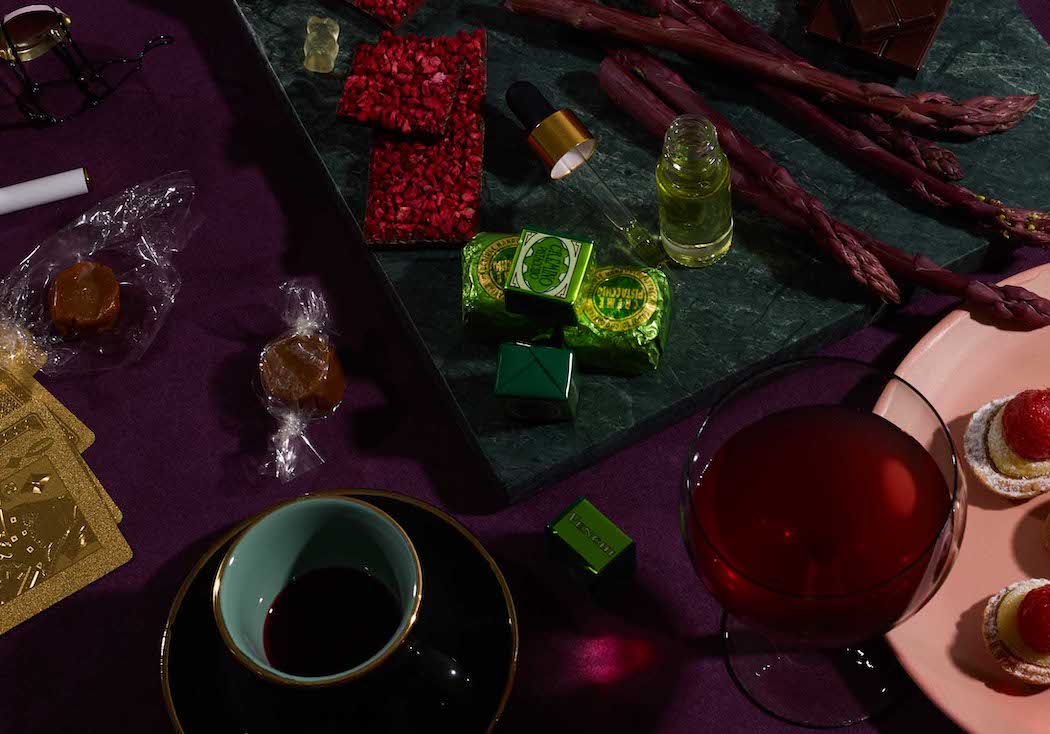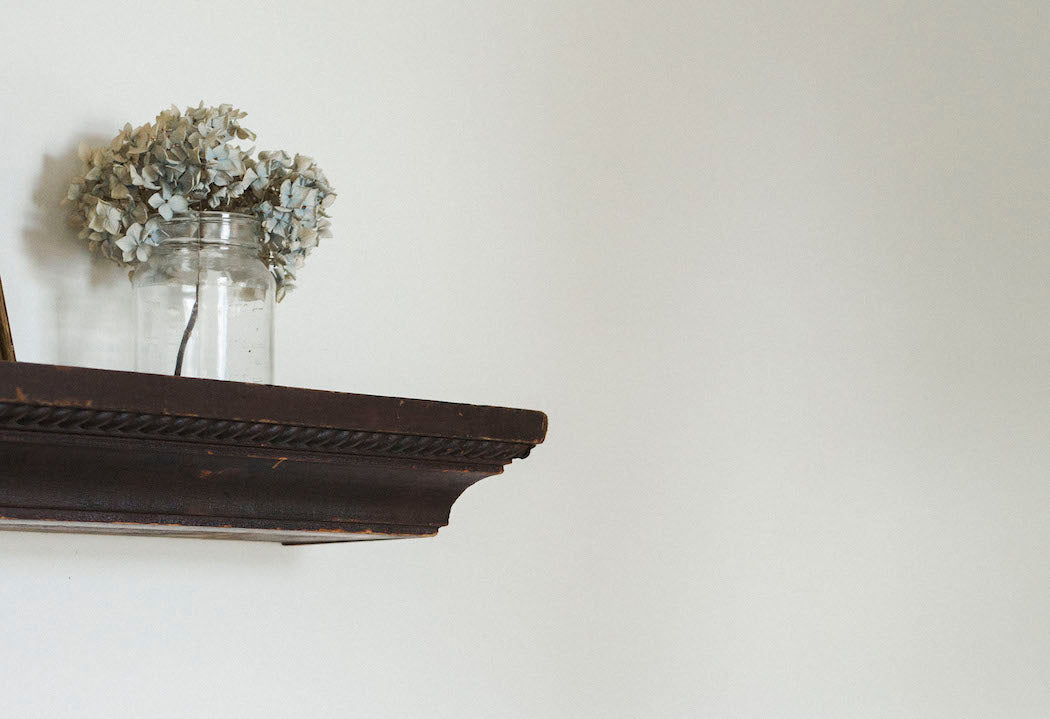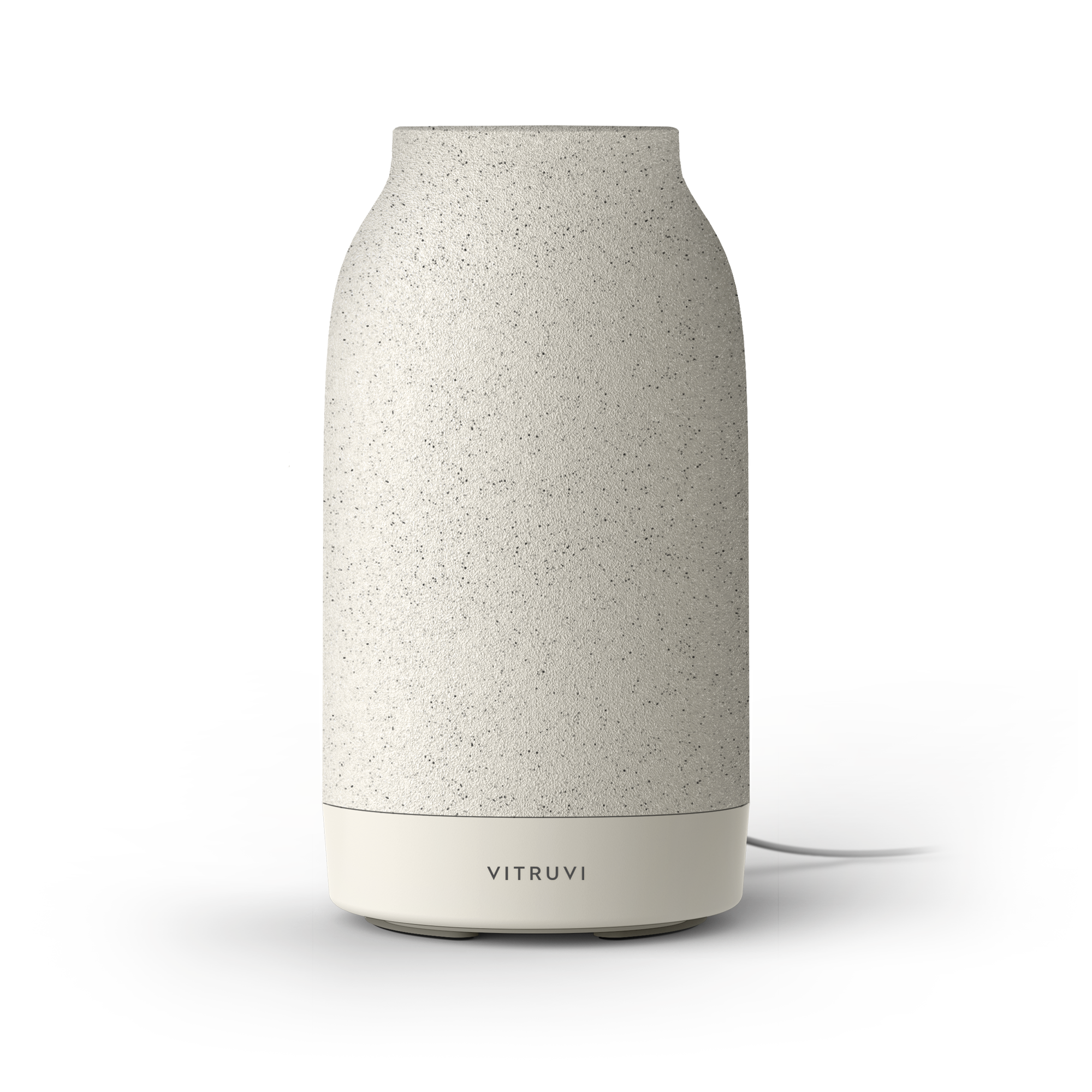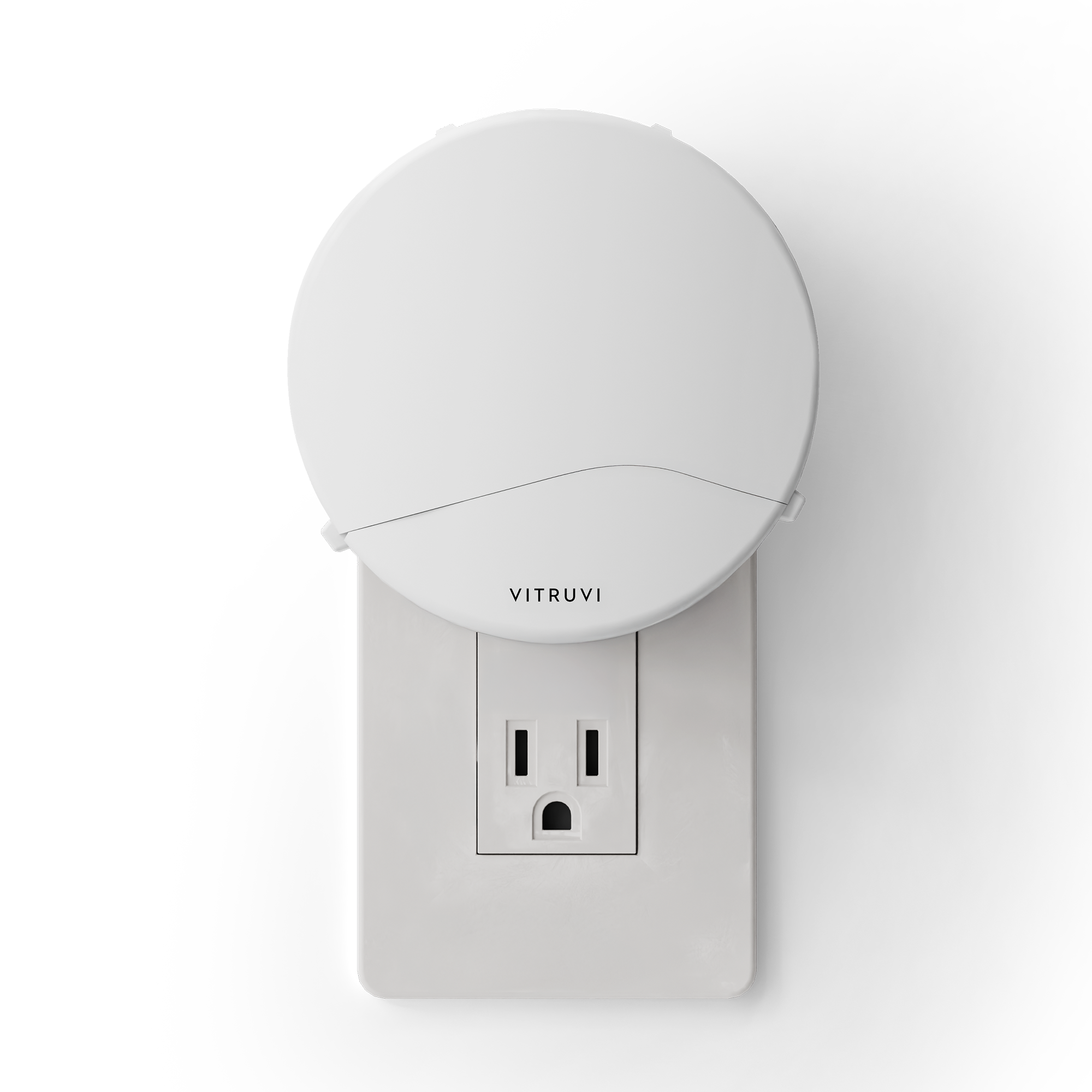Historically, wellness hasn’t exactly been known as an inclusive space. Fitness studios and other health-oriented places are expensive and overwhelmingly white, holding too many marginalized people back from fulfillment and self-care. But times are slowly changing, and these barriers—just one more manifestation of colonialism and systemic inequality—are being challenged.
The world might just be catching up, but Shayla Oulette Stonechild has embodied this work for her entire career. Coming from a background in the performing arts, the Plains Cree yoga teacher, actress, and community leader from Muscowpetung First Nations has used her talent and vision to bring yoga to Indigenous communities and create space for women of colour to curate their own version of wellness.
It’s a sunny July day when Stonechild grabs a green juice and walks over to CMMN GRND, the new inclusion-focused fitness studio in Vancouver where she has just started teaching. As she enters the studio, she enthusiastically greets two other instructors, who gush over her coordinated lavender outfit. One of them turns to this author with an assurance: “Shayla’s a big deal.”
Stonechild was introduced to yoga after moving to Vancouver to study acting; soon she realized she wanted to pursue teaching along with her other career paths. “I would go into class and notice similarities between [yoga] and Indigenous teachings,” she explains. “It’s almost like an interweaving of both worlds.”
To Stonechild, teaching yoga wasn’t about earning money—rather, it was a way to bring the ancient practice’s healing benefits to Indigenous communities. “When I came to yoga, I realized that I had been suppressing so much trauma and emotion,” she says. “There’s a stigma attached to westernized yoga. Some of the people in these communities maybe don’t want to try it because they’re not flexible, or they can’t afford the attire. My intention is to invite them into their breath and make this practice accessible.” After all, wellness at its core is the simple concept of taking care of yourself—and that’s something we should all be able to do.
She first started leading community workshops through her mother’s performing arts company, then later on her own. CMMN GRND (which opened during the pandemic and has a solid COVID-19 policy to keep guests safe) is the first conventional studio where Stonechild has taught, and is one of the few she’s found to align with her values. “They’re doing such important work,” she says of the space. “They held two classes for Indigenous People’s Day, and it was probably the first time many [of the attendees] had ever gone to a studio in Vancouver where they felt accepted and seen.” The studio offers a range of classes, from yoga to spin, all in the same welcoming environment.
For Stonechild, advocacy, leadership, movement, and the arts exist together as a holistic wellness practice. Nowhere is this more evident than in her Matriarch Movement initiative: a new digital platform to share the work, art, and voices of Indigenous women. It also honours those who Stonechild describes as her stolen sisters—Canada’s missing and murdered Indigenous women and girls.
Part of the project is an online workshop series through the Native Women’s Resource Centre of Toronto; meanwhile on Instagram, Matriarch Movement shares gorgeous photography spotlighting artists and leaders such as Sierra Tasi Baker and Denita Gladeau.
It’s clear from Stonechild’s confident, centred energy that for all her work supporting others, she understands the power of her own self-care just as much. “Every day I wake up, take a hot bath, and literally say a mantra: ‘I reclaim my own energy,’” she says. For her, practices of personal wellness are integral to fighting white supremacy and healing from intergenerational trauma. “If you want to be doing this work, you should be talking about social justice issues while you’re practicing self-care,” she shares. “You can’t expect people to show up to a yoga class and leave everything at the door; it’s interwoven. That’s the thing—why are we not making wellness accessible to the people who need it most?”

